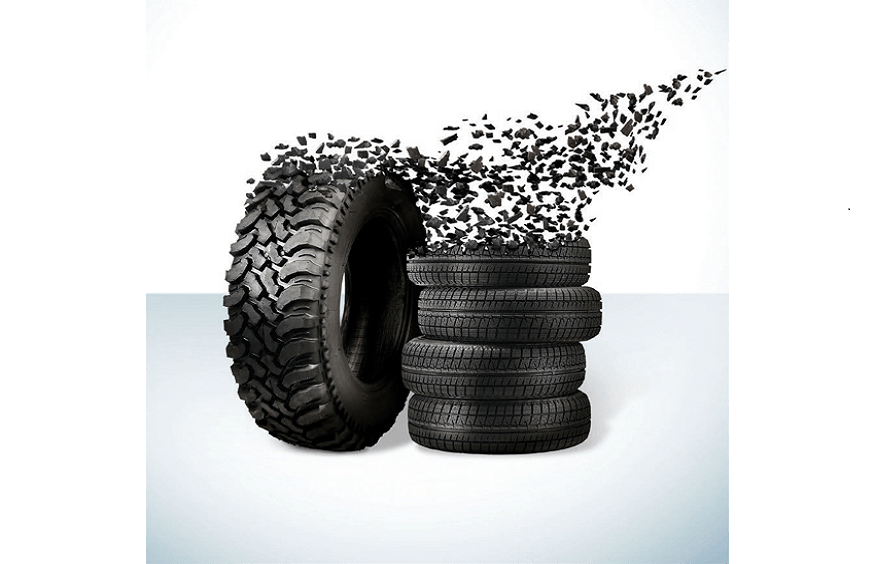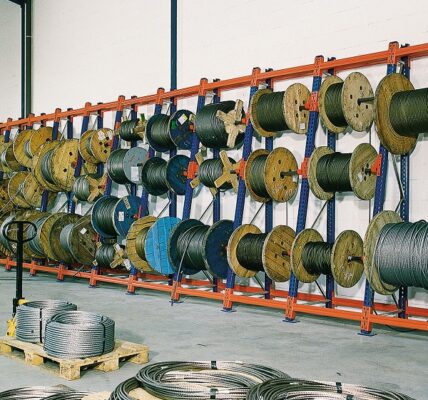Introduction
Innovation in processes for recycling waste remains an important step in the global efforts of resource optimisation and sustainability. In this regard, extracting carbon black from used tires is part of this innovation. Millions of used tires are disposed of annually; not only do recycling them into useful products such as carbon black help in reducing environmental problems, but also in income generation. Carbon black is a fine black powder that is produced by burning hydrocarbons very slowly. It is used in many industrial processes. Some benefits of recovering it from waste tires include saving finances and conserving the environment. These are the top advantages of using carbon black from waste tires.
Advantages of Carbon Black from Waste Tires
Environmental Sustainability
The most suitable benefit of carbon black recovery from used tires is that it makes the environment more sustainable. Tire trash constitutes a significant component of landfill waste. Several dangers threaten the environment due to this trash, as tires may not biodegrade and, even when they are dumped into landfills, tend to seep toxins and poisonous chemicals into groundwater and soil. Recycling tires and extracting carbon black will also assist in the volume of waste landfilled or the environmental impact created through tire disposal.
In addition to this, carbon black resulting from old tires reduces the demand for virgin carbon black, which would otherwise result from fossil fuels that are not renewable. This way, the carbon footprint related to carbon black generation is reduced, and natural resources are saved. The principles of a circular economy where resource conservation is promoted and usage of more raw material is decreased support using recycled materials.
Energy Conservation
Carbon black produced from used tires is compared favorably with conventional methods of producing the material from oil-based feedstocks. The utilization of waste tires as feedstock minimizes energy consumption by bypassing the first chemical processing of carbon black extraction. Meanwhile, fossil fuels have to be set alight in massive volumes of energy in order to produce virgin carbon black.
Using waste tires as a feedstock can significantly cut down the energy usage by producers and, in turn, reduce manufacturing costs while achieving reduced environmental impact. Besides helping individual firms, such efficiency in energy can further serve to advance the greater aim of conserving energy within the industrial sector.
Low-Cost Supply for Manufacturers
To most companies, particularly those that rely on tires carbon black price per ton for their manufacturing cycles, it is essentially the cost that dictates which raw material they select. One of the means by which producers can lower their costs without compromising on quality is by using recycled carbon black derived from used tires since it is cheaper than virgin carbon black. Since recycled carbon black manufacture does not use expensive raw materials or energy-intensive processes as traditional production methods, it is normally cheaper to make than virgin carbon black.
This cost-benefit may be particularly meaningful for industries using large volumes of carbon black, such as coatings, plastics, and rubber. Incorporating recycled carbon black into its value chain may, therefore, open both doors to fatter profit margins and supportive policy environments for such industries.
Multiple Applications
Carbon black obtained from scrap tires possesses the majority of the properties of virgin carbon black, and therefore, it is regarded as being applicable for a very vast industrial use. Carbon black has extensive use in the rubber industry, where it can be added to enhance the strength, toughness, and resistance of abrasion losses in tires, belts, and any other rubber compound. Recovered carbon black is a great substitute for manufacturers since it performs equally to virgin carbon black in these applications.
Because of the versatility of recovered carbon black, the application in different production processes could be valuable and sustainable for businesses.
Reduced Greenhouse Gases Emissions
Another environmental advantage through the use of recycled carbon black from waste tires is the reduction of greenhouse gas emissions. Traditional carbon black production emits a lot of greenhouse emissions through fossil fuels in the atmosphere, for instance, carbon dioxide (CO2). Carbon black produced from waste tires, on the other hand, emit relatively fewer greenhouse emissions because it recycles previously existing resources instead of creating new ones.
Besides, businesses can reduce the overall emissions by curbing the need for fresh carbon black. Curbing greenhouse gas emissions encourages greener production technologies and increased international cooperation in combating global warming. Businesses can improve their green credentials by employing recycled carbon black, which could appeal to stakeholders and consumers who believe in environmental friendliness.
Encouragement of Circular Economy Enterprises
The management principles of the circular economy, which largely call for collection and recycling to extend the life of resources rather than waste, are behind the process of carbon black extraction from the tire. A firm producing carbon black from scrap tires can contribute to decreasing its reliance on restricted resources and contributing more toward a circular economy.
Reuse, repair, and recycling of materials and products save garbage and resource use in the circular economy. The reliance on recycled carbon black, as used in an already existing solution, helps achieve this dream by creating a closed-loop system whereby waste tires get recycled into a usable substance rather than end up in a landfill or get burnt.
Conclusion
There are several benefits of carbon black industry from used tires. Besides being environmentally friendly, the carbon black also generates revenue in terms of transforming waste into a resource. The benefits gained from carbon black from used tires include energy as well as environmental sustainability along with economic support in the implementation of circular economy programs. Industries would be able to reduce their dependence on fossil fuel resources, decrease greenhouse gas emissions, and assist in implementing better waste management techniques by reaping carbon black from used tires. Another prospective future solution is the extraction of carbon black from scrap tires. It turns trash into a valuable resource and contributes to sustainability and the circular economy; after all, it has become a sustainable world and priority for this century.





